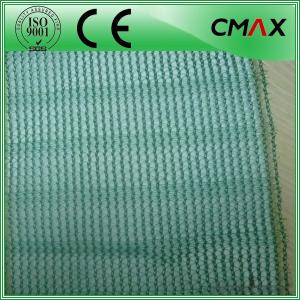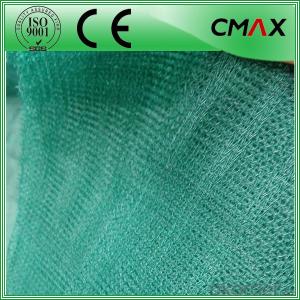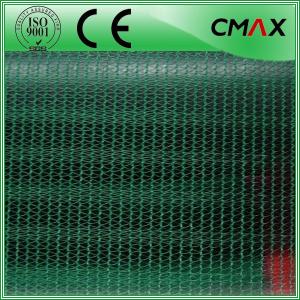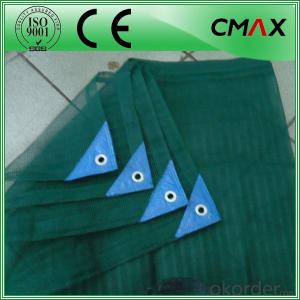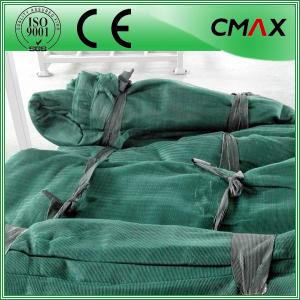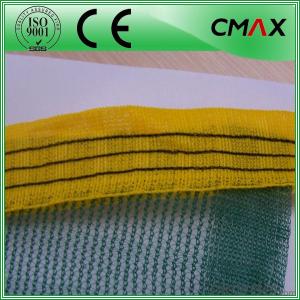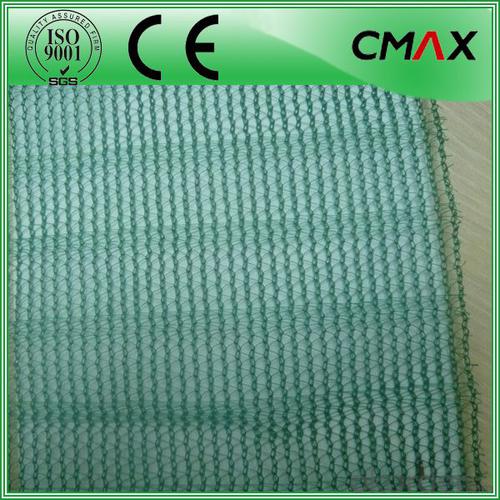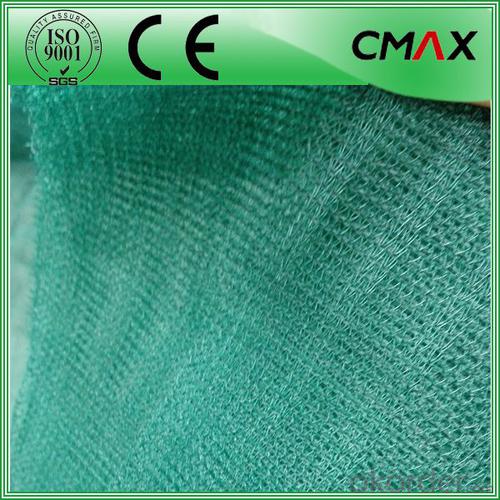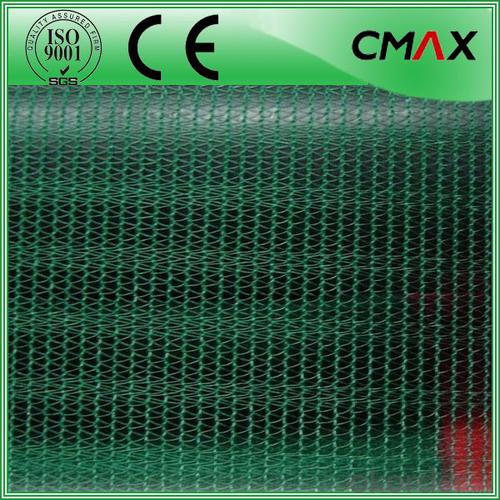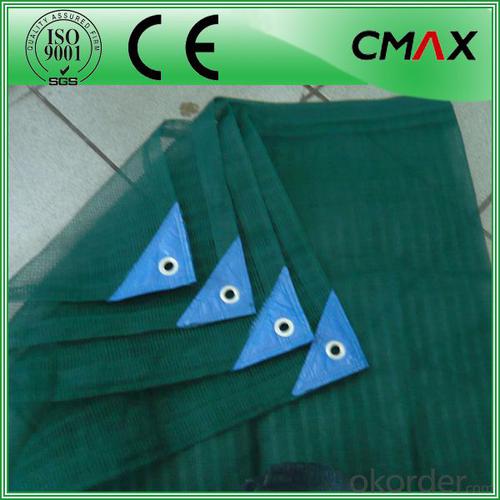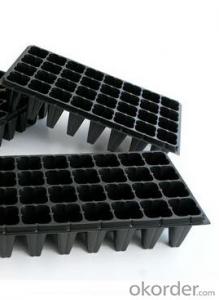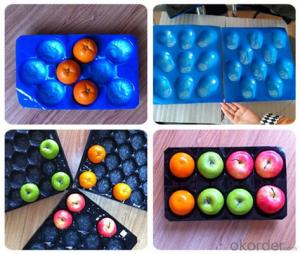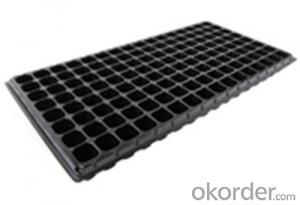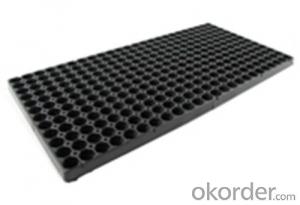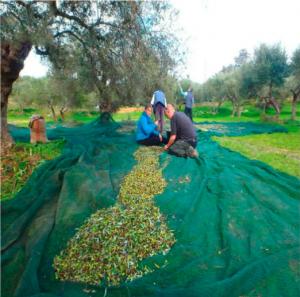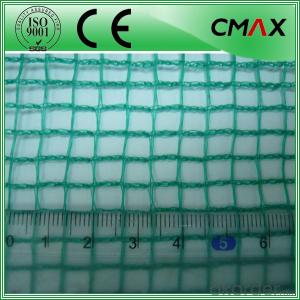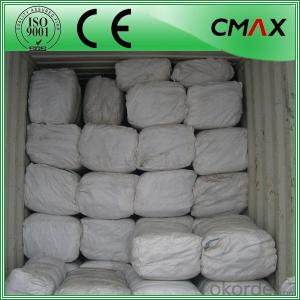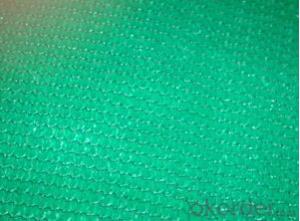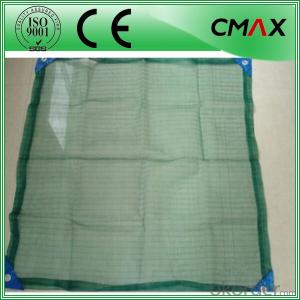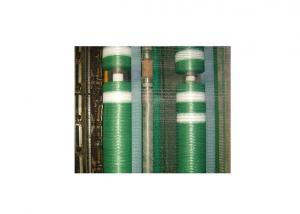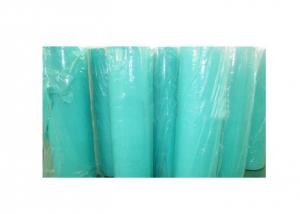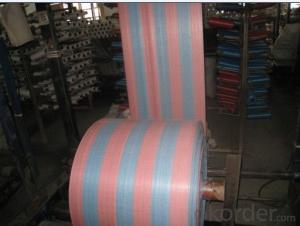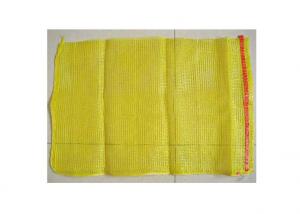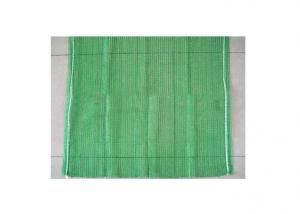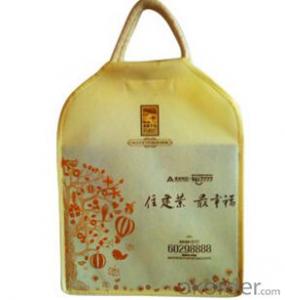Olive Net Agriculture HDPE Hexagon Olive Net
- Loading Port:
- Wenzhou
- Payment Terms:
- TT OR LC
- Min Order Qty:
- 1000 m²
- Supply Capability:
- 1000000 m²/month
OKorder Service Pledge
OKorder Financial Service
You Might Also Like
Olive Net Agriculture HDPE Hexagon Olive Net
Production Description:
Olive collection net are used not only for the olive harvest, but also to gather chestnuts, nuts and deciduous fruits in general.
Produced with HDPE virgin material
UV stabilized - Long life
For Food : non-toxic, responsive to current European legislation on packaging for food.
Guarantee 5 years
Green&Black 50g/m2
Farmer used the net to gain olive from tree.
Specification:
| Type | CMAX-Olive Net |
| Weight | 33-200 gsm |
| Color | Black, Green, Dark Green, etc |
| Width,Length | 1-6m, 50m,100m as your requirements |
| Raw material | 100% Virgin HDPE with U.V Stabilized and irganox |
| Using life | At least 4 years |
| Delivery time | 30 days after deposit |
| Specification | construction(/inch) Warp=3, Weft=4.5, Br.Str.(kg) ,Warp=10, Weft=2 ,Screening factor(%) :10% |
| Packing | rolls with PVC suare tube(5×5cm)/double folded/PE Stretch film/label |
| OEM | If you have your own packing design,we can quickly meet your requirments. |
Application:

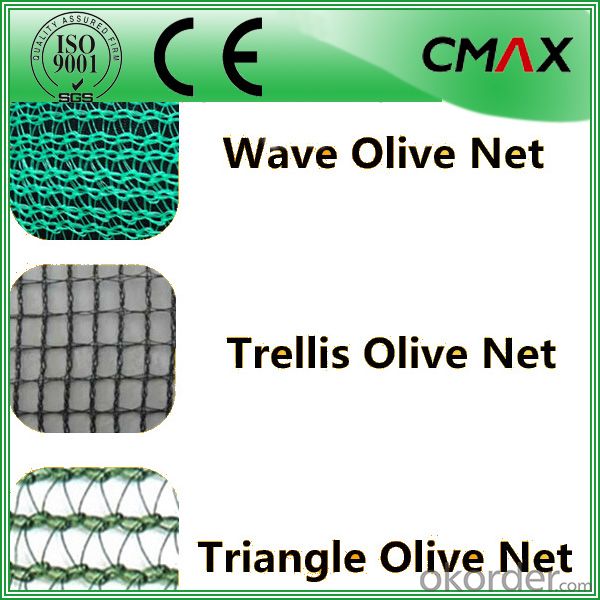
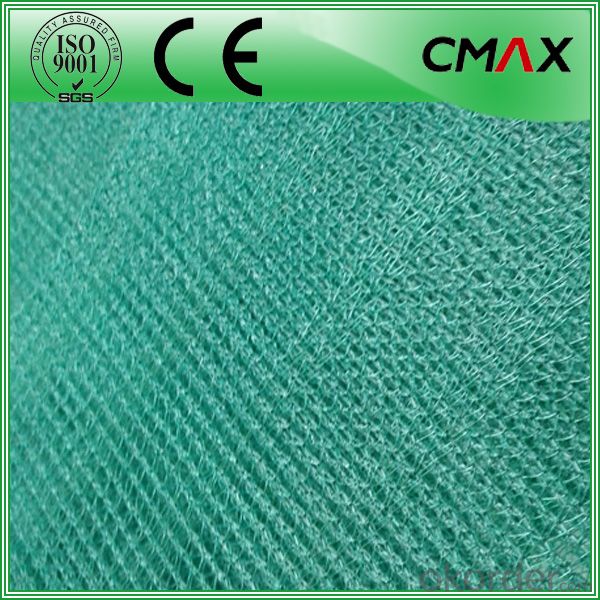
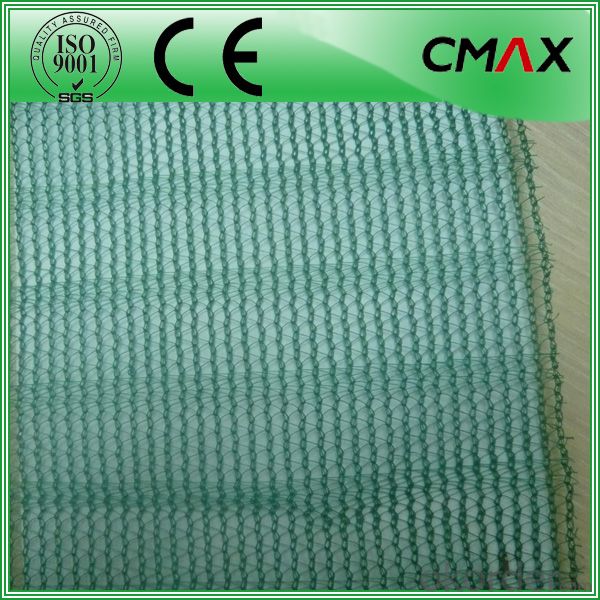
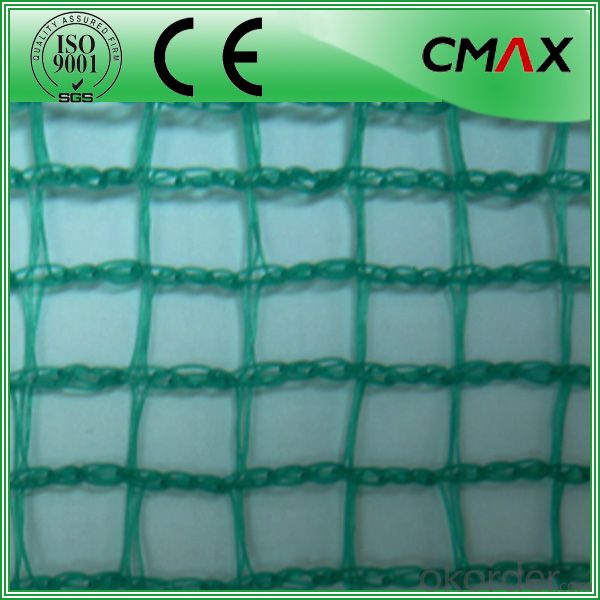
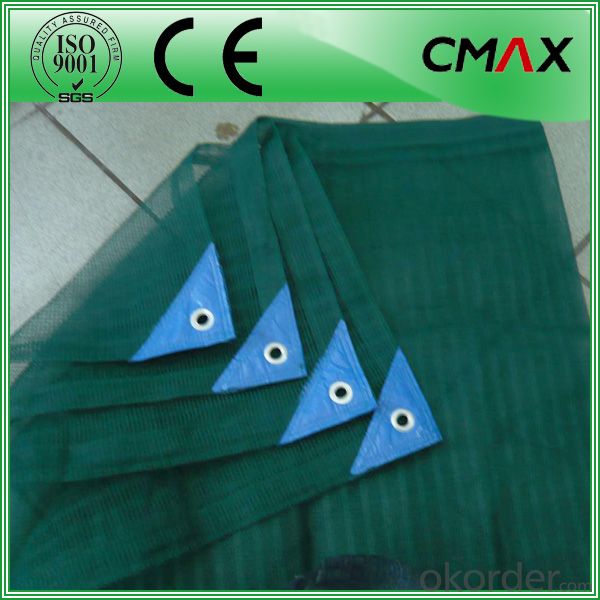
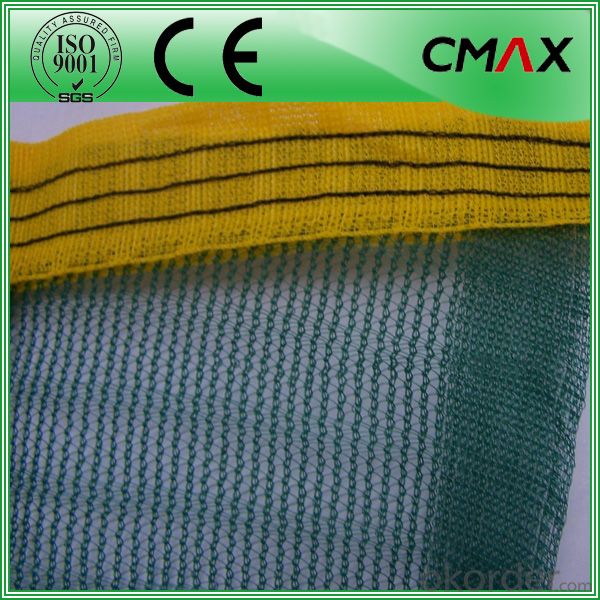
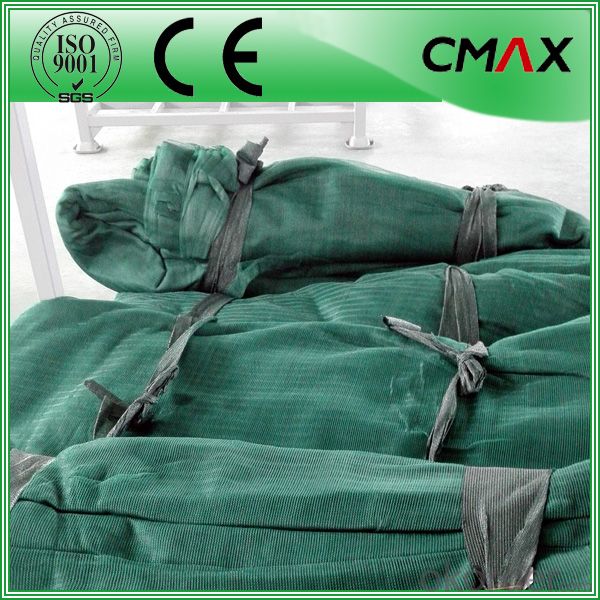
Process:
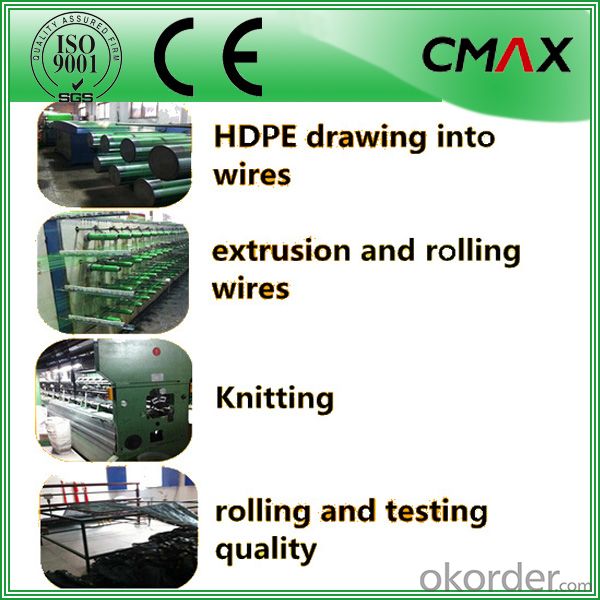
Shipping&Packing:
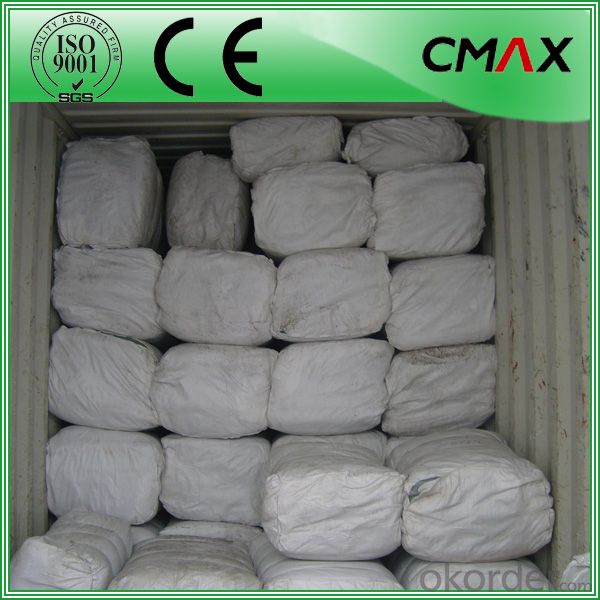
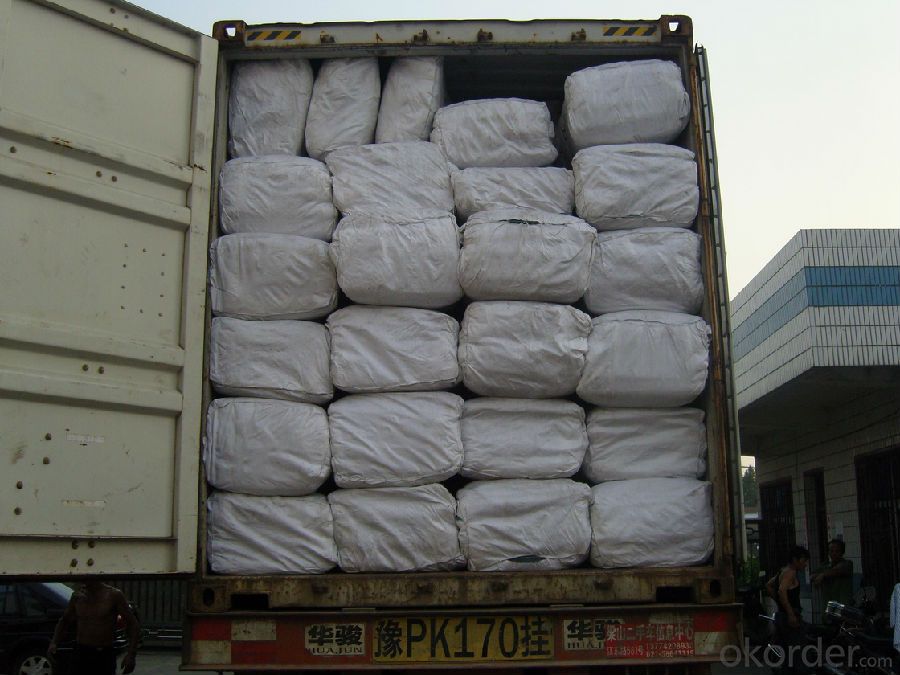
FAQ:
1.Q:Where is your factory located? How can I visit there?
A:Our factory is located in Shanghai, China. You can take flight to Shanghai Hongqiao airport, and 25 mins reach to our factory.
2.Q:What is the material of your products?
A: We use the raw material of High Density Polyethylene (HDPE) with UV Stabilized & Igranox to make our netting
3.Q:How does your factory do regarding quality control?
A: we are very proud to let you know that , We use the best raw material , have at least 5years experienced workers,
the advanced machine and specialized team to assure the quality
We perform Quality Control inspections on 100% of our products.
Our inspection standards are strictly in accordance with the ISO9001 certification system.
- Q: Are agricultural plastic products used in organic crop rotation methods?
- No, agricultural plastic products are not typically used in organic crop rotation methods. Organic farming practices focus on using natural and sustainable methods, avoiding synthetic materials like plastic whenever possible.
- Q: i want to no the dis advantage of plastic water bottle in detail
- The main disadvantage of plastic bottles is the shear amount of time they take to decompose--the average plastic bottle takes 500 years. Plastic's decomposition can be affected by various factors, such as the type of plastic, the climate and acids in the landfill; plastic still lasts a long time, filling landfills for an indefinite period.
- Q: Are nursery trays suitable for starting air plants?
- No, nursery trays are not suitable for starting air plants. Air plants require a different type of care and environment compared to traditional potted plants, so it is recommended to use specialized containers or mounting materials that allow sufficient air circulation and drainage for the air plants to thrive.
- Q: Can agricultural plastic products be used for aquaculture?
- Yes, agricultural plastic products can be used for aquaculture. They can be utilized for various purposes such as constructing fish tanks, lining ponds, creating floating platforms, or making fish cages. The durable and water-resistant nature of agricultural plastic makes it suitable for aquaculture applications, helping to improve efficiency and productivity in fish farming operations.
- Q: How do you prevent ground cover plants from smothering young seedlings?
- To prevent ground cover plants from smothering young seedlings, there are a few strategies one can employ. First, it is important to ensure proper spacing between the ground cover and seedlings. By maintaining sufficient distance, seedlings can receive adequate sunlight, water, and nutrients for healthy growth. Additionally, regular weeding around the seedlings will help eliminate any encroaching ground cover plants. Applying mulch around the base of seedlings can also create a barrier, preventing ground cover from spreading and choking them. Lastly, timely pruning or trimming of the ground cover plants will help keep them under control and prevent them from overshadowing and stifling the growth of the young seedlings.
- Q: have you ever tasted plastic i mean what does it really taste like?...........
- nope i never did taste plastic
- Q: Are nursery trays easy to clean?
- Yes, nursery trays are generally easy to clean as they are designed to be lightweight, durable, and easily washable.
- Q: What types of plastic tanks are used for liquid fertilizer storage?
- There are various types of plastic tanks used for liquid fertilizer storage, including polyethylene tanks, polypropylene tanks, and fiberglass-reinforced plastic (FRP) tanks.
- Q: What are some ground cover options for rooftop gardens?
- Some ground cover options for rooftop gardens include sedums, mosses, creeping thyme, and ornamental grasses.
- Q: I have a mayo jar that I thoroughly washed out. It has a screw on plastic lid.The cardboard box the starch came in is not practical for my use.If a plastic container is not acceptable, would a glass mason jar work?I am worried about clumping or mold.
- A plastic or glass jar or a small container is fine, I buy storage containers from the Dollar store to keep my baking ingredients in, also for rice, beans, soya protein product, here in Canada they have non BHP plastic container now, it is best to keep CS and flour as dry as possible, but do not refrigerate them or they got soggy.
Send your message to us
Olive Net Agriculture HDPE Hexagon Olive Net
- Loading Port:
- Wenzhou
- Payment Terms:
- TT OR LC
- Min Order Qty:
- 1000 m²
- Supply Capability:
- 1000000 m²/month
OKorder Service Pledge
OKorder Financial Service
Similar products
Hot products
Hot Searches
Related keywords
